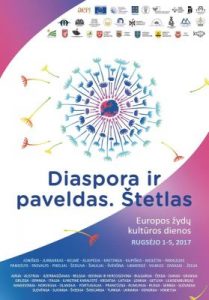On September 22, the National Library of Lithuanian invited film fans to spend an hour in the jungles of Indonesia with Birutė Marija Filomena Galdikas, a Lithuanian-Canadian anthropologist, primatologist, conservationist, ethologist and author. “My real home is where my heart is—in the Kempliky National Park,” says one of the most famous anthropologists of the time, Dr. Galdikas. Although she rarely visits Lithuania, Galdikas always emphasizes her Baltic origin and love for her parents’ homeland.
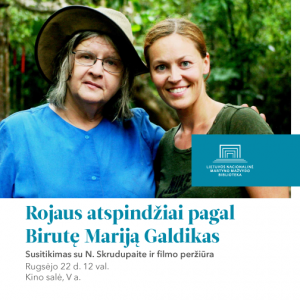 In Indonesian tropical forests, Dr. Galdikas has spent more than 40 years studying and preserving “the last great monkey living in the trees.” During these years, the orangutans have almost disappeared due to the heavy logging and hunters who sell animals to individual buyers, as well as zoos or laboratories.
In Indonesian tropical forests, Dr. Galdikas has spent more than 40 years studying and preserving “the last great monkey living in the trees.” During these years, the orangutans have almost disappeared due to the heavy logging and hunters who sell animals to individual buyers, as well as zoos or laboratories.
A few years ago, Neringa Skrudupaitė, a journalist and traveler, visited the Orangutan Rehabilitation and Conservation Center in Kalimantan, island of Borneo. After returning to Lithuania, she created a documentary film, “Reflections of Paradise according to B.M. Galdikas,” about Dr. Galdikas’s work with the endangered primates. The film captures the daily routine of a scientist’s work and the challenges she faces every single day.
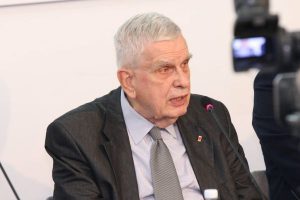
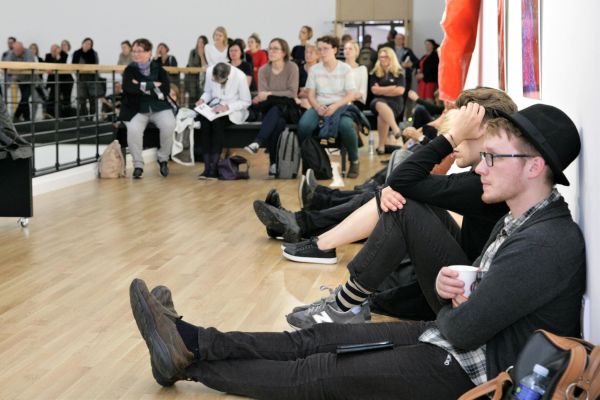
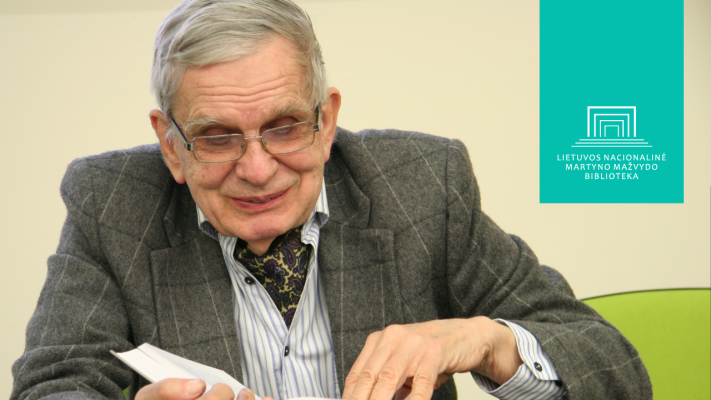 September 11, 2017 marks the 80th birthday of Tomas Venclova, a prominent Lithuanian poet, intellectual and Professor Emeritus at Yale University, US. While living in Soviet Lithuania, Venclova became a dissident. He left the Soviet Union in 1977. In the United States, Venclova formed a triumvirate with two other émigré poets from Eastern Europe, a Russian poet Joseph Brodsky and a Polish-Lithuanian poet Czesław Miłosz. Having lived in the US for decades, Venclova is still very involved in the intellectual life of Lithuania and Europe. In his writings and by his personal example, the poet encourages the cultural and historical dialogue and challenges prevailing stereotypes. Venclova’s poetry, which blends history and personal experiences, has been translated into over 20 languages.
September 11, 2017 marks the 80th birthday of Tomas Venclova, a prominent Lithuanian poet, intellectual and Professor Emeritus at Yale University, US. While living in Soviet Lithuania, Venclova became a dissident. He left the Soviet Union in 1977. In the United States, Venclova formed a triumvirate with two other émigré poets from Eastern Europe, a Russian poet Joseph Brodsky and a Polish-Lithuanian poet Czesław Miłosz. Having lived in the US for decades, Venclova is still very involved in the intellectual life of Lithuania and Europe. In his writings and by his personal example, the poet encourages the cultural and historical dialogue and challenges prevailing stereotypes. Venclova’s poetry, which blends history and personal experiences, has been translated into over 20 languages.